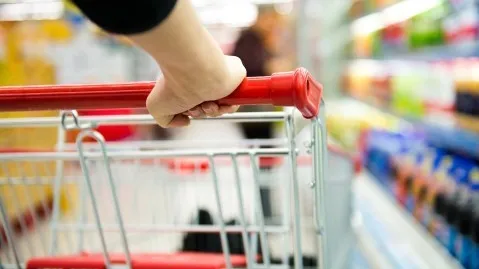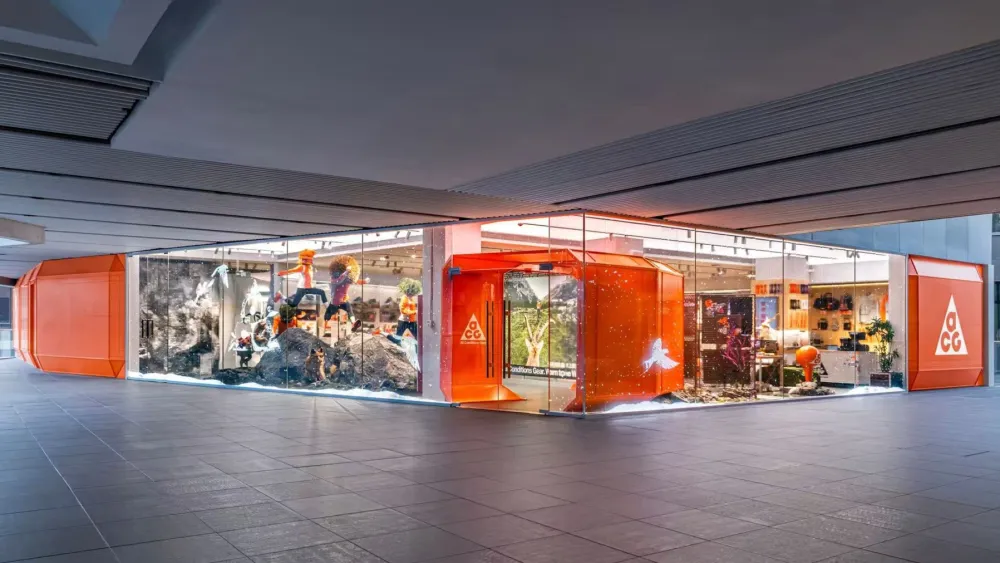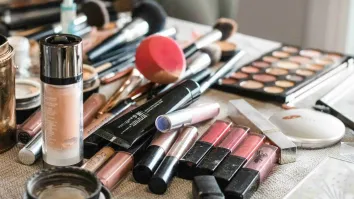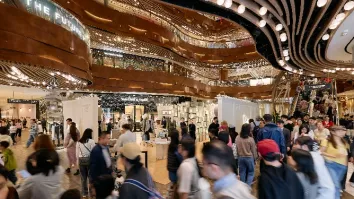
South Korea consumer spending to grow 2.8% in 2022: Fitch
Real household spending for 2022 will exceeds pre-pandemic levels.
Consumer spending in South Korea is expected to post a “healthy growth” of 2.8% year-on-year (YoY) in 2022, as consumer confidence remains high, according to Fitch Solutions.
In a report, Fitch said the growth is significantly slower than the 4.1% estimated for 2021 as it came from a low base following a contraction in consumer spending due to COVID-19 in 2020.
“Despite the expected slower rate of growth, we highlight that real household spending levels are estimated to have returned to pre-pandemic levels by the end of 2021,” it said
Real household spending in 2022 will be $685.4b, 2.9% higher than the pre-pandemic levels of $666.2b (KRW770.4t) in 2019.
Fitch said the consumer confidence index for South Korea in April 2022 stood at 103.8, remaining above 100 for the 14th consecutive, “supporting our view that the Korean consumer is securely secured on the road to recovery.
The consumer spending growth forecast is also in line with South Korea’s Country Risk team’s revised forecast that the country’s economy will grow by 2.6% YoY in 2022.
It also identified consumer price inflation, which has been trending upwards in South Korea, as a key risk to consumer spending this year, as it could erode purchasing power and shift spending away from discretionary spending.
Household debt also leaves South Korean consumer vulnerable to interest rate increases, Fitch said, adding that this lead to households needing to allocate disposable income towards debt financing, “placing downward pressure on consumer spending going forward.
South Korea’s household debt levels were amongst the highest globally, with household-debt-to-disposable incomes reaching an estimated 174.1% in the third quarter of 2021, up from 137.2% in 2015.
The possible emergence of new COVID-19 variants is also amongst the risk to the outlook as it could lead to the reimposition of pandemic-related restrictions.
Read also: South Korea’s retail sales grow 10.6% YoY in April



















 Advertise
Advertise






